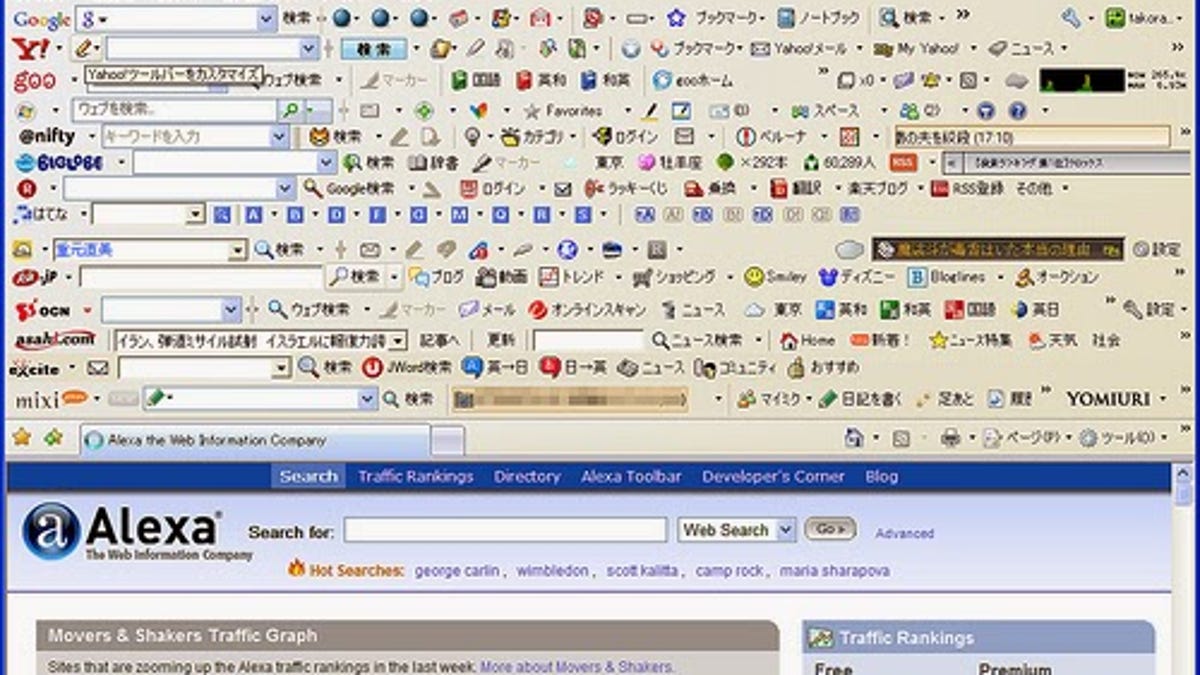Google kicks toolbars out of Chrome Web Store
Those who've written Chrome toolbars or other multipurpose add-ons will have to take a new approach by June or see their software booted from Google's app store. And no new multipurpose extensions are allowed starting now.

Google is kicking toolbars and other "multipurpose extensions" out of the Chrome Web Store in an effort to keep its browser's interface uncluttered and to protect users from unpleasant surprises.
The change will be disruptive to many extension programmers, but Google is giving them until June 2014 for existing extensions. New ones must abide by the new rules immediately, said Chrome engineering director Erik Kay.
"Extensions in the Chrome Web Store must have a single purpose that is narrow and easy to understand," Kay said in a blog post on Thursday. "While this has always been the intent of the Chrome extension system, not all extensions have lived up to this ideal. These multi-purpose extensions can crowd your browser UI and slow down your web browsing -- sometimes significantly."
The company singled out toolbars in particular. Google had tried to keep them out of Chrome, but the extension system fundamentally couldn't block them technologically, so the company moved to a policy change instead.
Google generally favors open app stores that are governed more by user reviews than by a central authority approving software. But even with its relatively open approach, Google still is showing that it's got an ecosystem it wants to govern, and that it believes walled gardens still have a place in the tech industry.
In updated Chrome Web Store developer policies, Google now includes this language:
An extension should have a single purpose that is clear to users. Do not create an extension that requires users to accept bundles of unrelated functionality, such as an email notifier and a news headline aggregator. If two pieces of functionality are clearly separate, they should be put into two different extensions, and users should have the ability to install and uninstall them separately. For example, functionality that displays product ratings and reviews, but also injects ads into web pages, should not be bundled into a single extension. Similarly, toolbars that provide a broad array of functionality or entry points into services are better delivered as separate extensions, so that users can select the services they want.
Google is expecting the change will cause difficulties for some programmers. "Some may need to be split into multiple separate extensions. Developers may need to switch to a different approach to monetization," Kay said.

